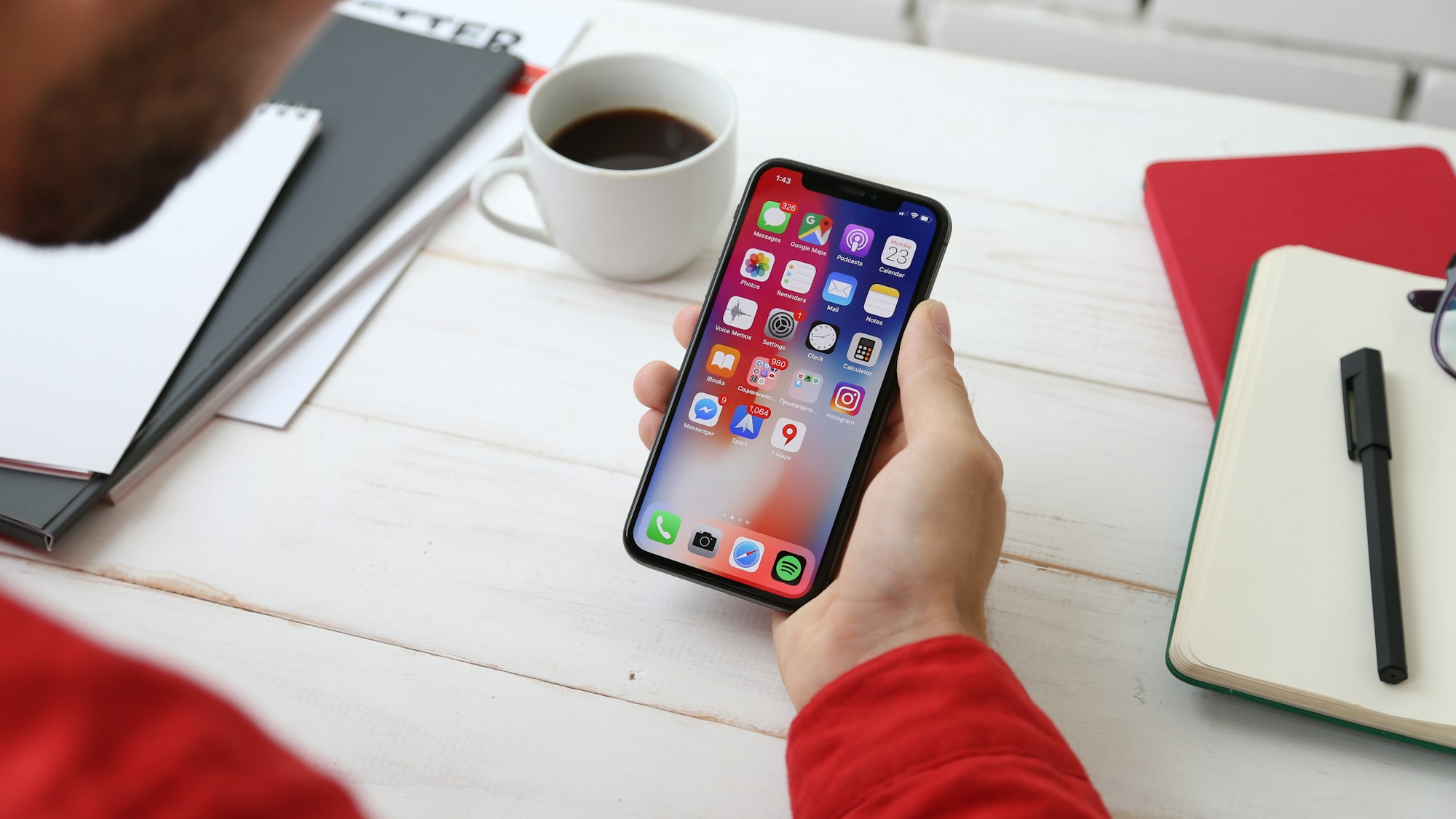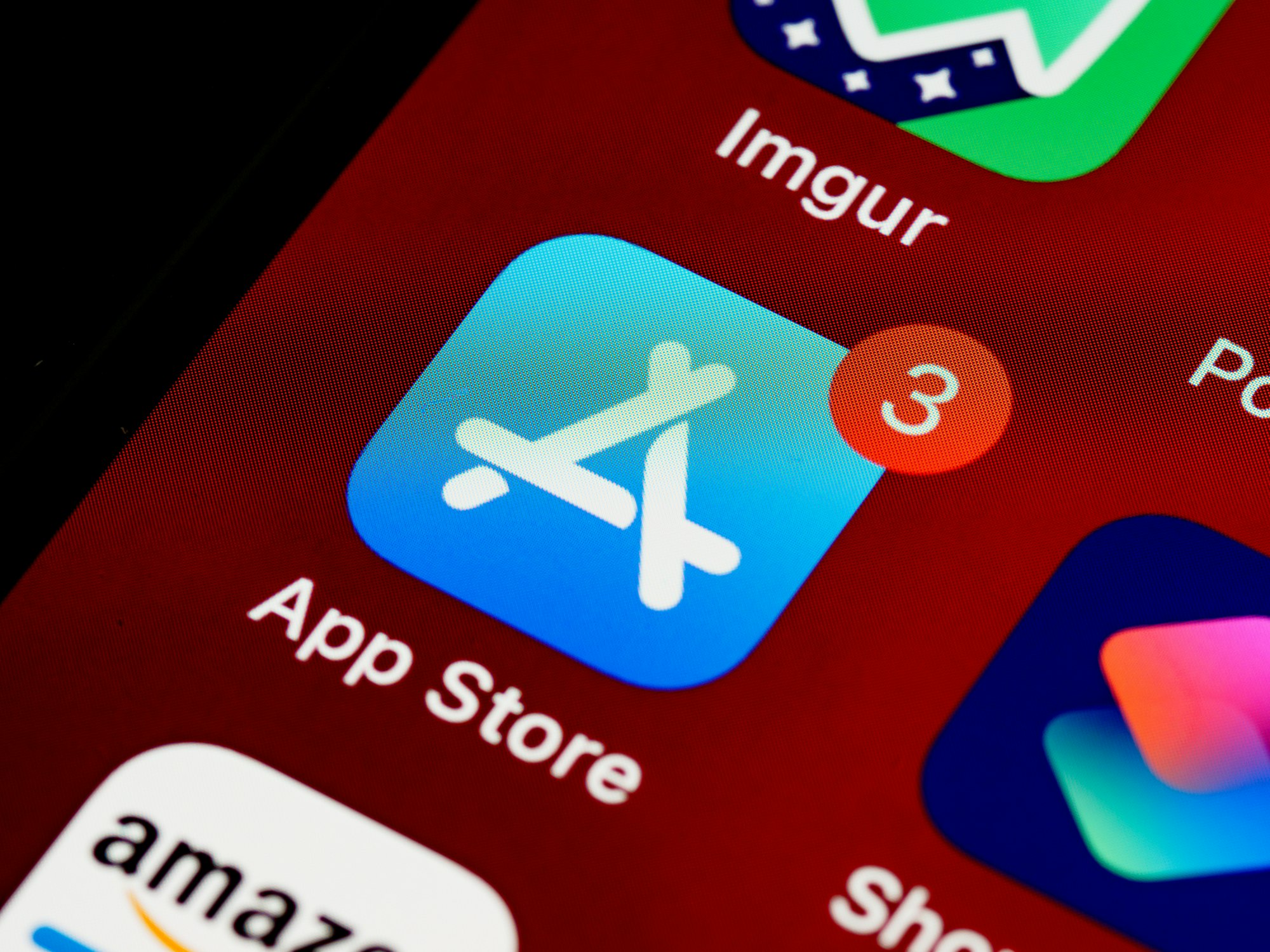Top 7 Reasons to have an enterprise mobile application.

Increasing sales, retaining customers and positioning your brand as leader in a certain market are always the main objectives of any company and this is something you can achieve with an app.
Technology increasingly opens up new possibilities for us to boost our business and achieve all the goals we set. One of them is through the use of mobile applications. Today we tell you some of its benefits and why you should have one.
Nowadays, practically all people own mobile devices, in fact, it is proven that the majority of web traffic is done from a smartphone. This is where a great opportunity arises for companies to be even closer to their customers and create a new sales channel. Technology has changed the way we do things and companies must adapt to that regardless of the area in which they are managed.
Nowadays, mobile applications offer more than entertainment and are used by companies for monitoring and managing processes, as well as for planning and coordinating strategies and key activities for them. One example is our trade marketing management application, QuartzSales, allowing merchants to do their jobs more efficiently, increase profits, reduce costs and much more.
In addition, apps are a fundamental tool in marketing strategies, when exclusive services are offered or when you want to promote an increase interaction with customers. Sometimes its use allows users to opt for discounts, promotions or exclusive information of value for them.

Reasons why your business should have an app.
1.Data collection. Currently, having information about our target audience is decisive in the success of your business, and here, the apps are a great source of data that allow us to obtain valuable information about the different user profiles as well as their behavior. They are also essential to process data about the different processes of companies efficiently.
Depending on the company, some KPIs or key indicators to take into account are:
- Sex, age, location, profession, marital status.
- Number of times the app has been installed.
- Use time.
- Purchase / Subscription.
- Uninstall.
- Lifecycle.
- Objectives achieved.
Measuring and analyzing all this information is key to generating strategies that allow the increase in the time of use in the app, the improvement of purchase recommendations or business processes, the increase in sales, the adaptation of products and/or services. , the display of advertisements, among many others.
2.Personalized experiences. The design and development of many applications is a process focused on achieving the highest possible conversion rate of users. Apps can have a single or multiple purposes and goals, but maintaining an attractive and easy-to-navigate interface remains one of the key elements to improve the user experience, whether it is designed for internal use by workers or for the general public.
Thanks to the data that is collected and analyzed periodically, it is possible to know when is the best time to send notifications to a specific customer, what type of products are their favorites or what type of messages increase the opening of the application. Machine learning technologies make it possible to predict what the user's behavior will be in the interface and analyze it automatically, based on pre-established variables. For this reason, investment in mobile applications, big data, machine learning and ultimately, in technological innovation is the way forward for greater efficiency and competitiveness in the business world.
3.Increased engagement. By developing a direct communication channel between user and brand, audience loyalty is increased. Knowing their needs and addressing them at the most opportune moment is key to establishing a solid and lasting relationship with our target audience.
Remember that the implementation of campaigns with discounts and special promotions are especially effective in mobile applications, as well as offering the opportunity to interact with the content through comments, social networks and product reviews.
4.Direct communication with in-app and push notifications. Through an app, you can send notifications to users inside and outside of it. They are mainly distinguished into two types:
In-app notifications. In-app communications are often displayed full screen to send key messages to the user and promote their interaction with the content.
There are even many applications that include a message box or inbox where customers or employees can receive information about their purchases, discounts, promotions or any type of news or communication related to the company.
Push notifications. This type of notification, widely used in all social networks, has as its main objective the reactivation of users, or what is the same, that users reopen the application and therefore spend more time using it.
5.Monetization adapted to the business model. Depending on the product and/or service offered, it is important to define which is going to be the most appropriate monetization model. There are two fundamental types, the Premium model and the Freemium model.
Premium. In the Premium model, a single payment is made for the download in the app store, so the app has to provide great value to the customer. This is the case of video game applications or with very exclusive functionalities and content. Many times it is necessary to publicize the advantages and differentiation of the product through other communication channels in order to justify the payment.
Freemium. The download of this type of applications is free in the stores and they aim to obtain the greatest possible engagement. This is the case of many applications such as Spotify, Netflix, e-commerce apps, news, etc.
But, how are Freemium Apps monetized?
- In-app purchases.
- Subscription Payment.
- Including in-app advertising.
In many cases, applications combine different monetization models such as the premium model + in-app purchases, subscription payment + advertising or in-app purchases + advertising, among others. Other times the apps are work tools that are amortized with the benefits derived from their activity.
6.Optimization and monitoring of processes. The implementation of new technologies is essential for the growth of companies and organizations, their adaptation to market changes and their competitiveness in it.
An example of this is QuartzSales and the benefits it brings to the retail industry in general, allowing the sales force to be managed through the use and implementation of AI technologies to obtain predictive analysis, real-time reports, etc.
7.Better brand positioning. By having an app you will locate your potential customers faster, you will open a new communication and sales channel, you will be able to stay present every day offering a quality service.
If you are thinking of developing an app for your business, remember that at e·Saurio we have the best IT professionals for analysis, design, development, management, implementation and support of Software systems. Providing speed and flexibility at all times.
If you liked this article, subscribe to our blog.
Remember that you can find us on Instagram, Facebook and Twitter as @esauriook
On LinkedIn as e•Saurio

